Cats are obligate carnivores, which means their diet primarily consists of meat, but some human foods are safe and even healthy for them. It’s important to know which foods are beneficial for your feline friends and which ones to avoid. Here are the top 10 human foods that are safe for cats to eat in moderation.
1. Cooked Chicken
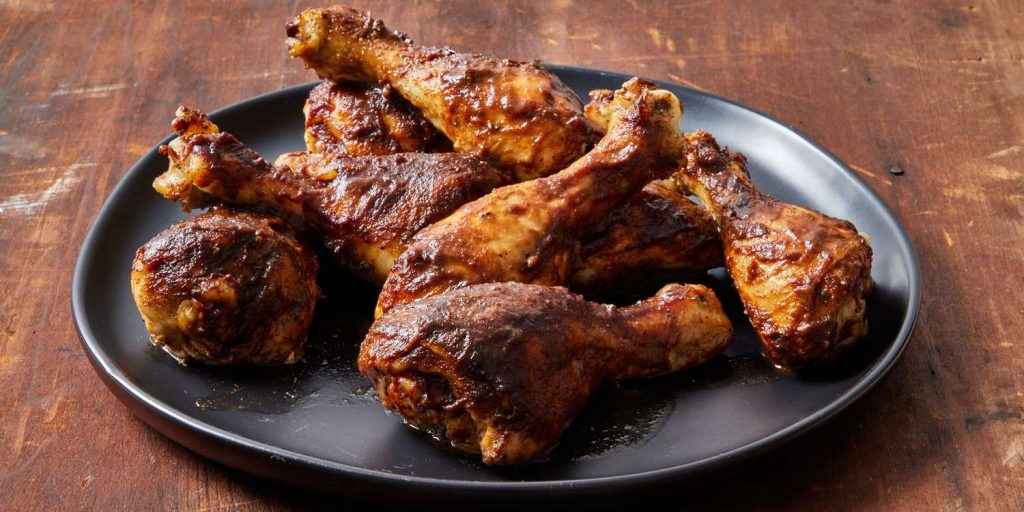
Cooked chicken is an excellent source of lean protein for your cat. It’s low in fat and rich in nutrients, which makes it a healthy treat or supplement to their regular diet. Make sure the chicken is plain, without any seasoning, onions, or garlic, which can be toxic to cats. Shredded, cooked chicken can also be mixed into their meals for added variety.
2. Cooked Salmon
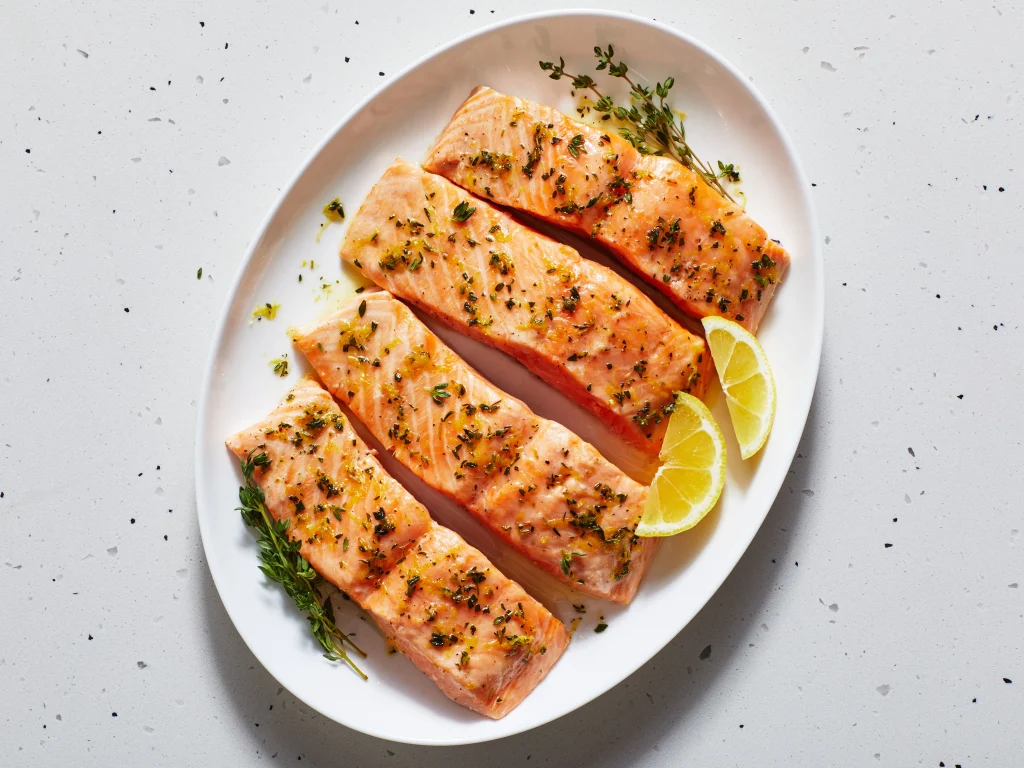
Salmon is another great protein choice for cats, packed with omega-3 fatty acids, which promote healthy fur and skin. It’s also a great option for improving their heart health and immune system. Be sure to cook the salmon thoroughly and remove any bones before feeding it to your cat, as bones can pose a choking hazard. Avoid seasoning it with any spices or oils that could upset their stomach.
3. Pumpkin
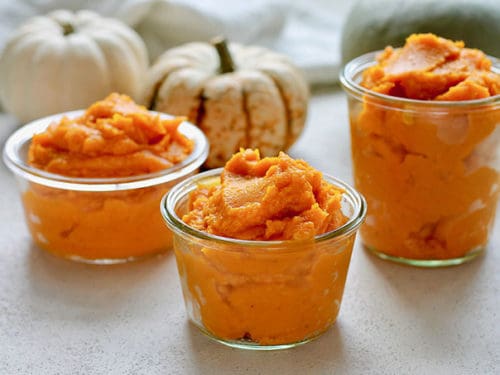
Pumpkin is an excellent source of fiber for cats, which can aid in digestion and help with constipation. It can also soothe an upset stomach, making it a go-to for cats with digestive issues. Pure canned pumpkin (without added sugar or spices) can be mixed into your cat’s food to provide a natural source of fiber and moisture. A small spoonful is enough to reap the benefits.
4. Carrots
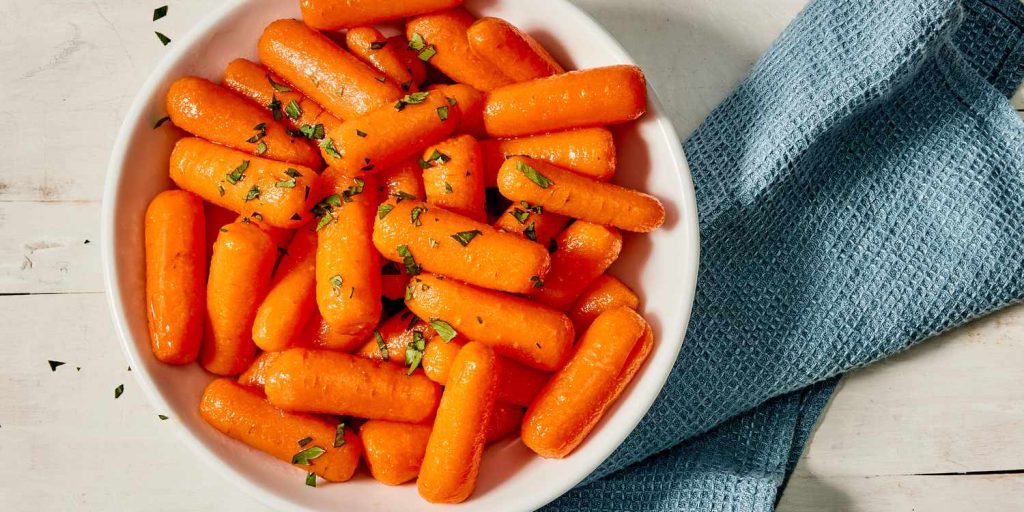
Carrots, when cooked and chopped into small pieces, can make a healthy and crunchy snack for your cat. They are rich in beta-carotene, which is good for eye health and provides a healthy dose of fiber. Avoid feeding raw carrots, as they can be a choking hazard or too tough for cats to chew properly. Steamed or boiled carrots are the best option for your feline friend.
5. Blueberries
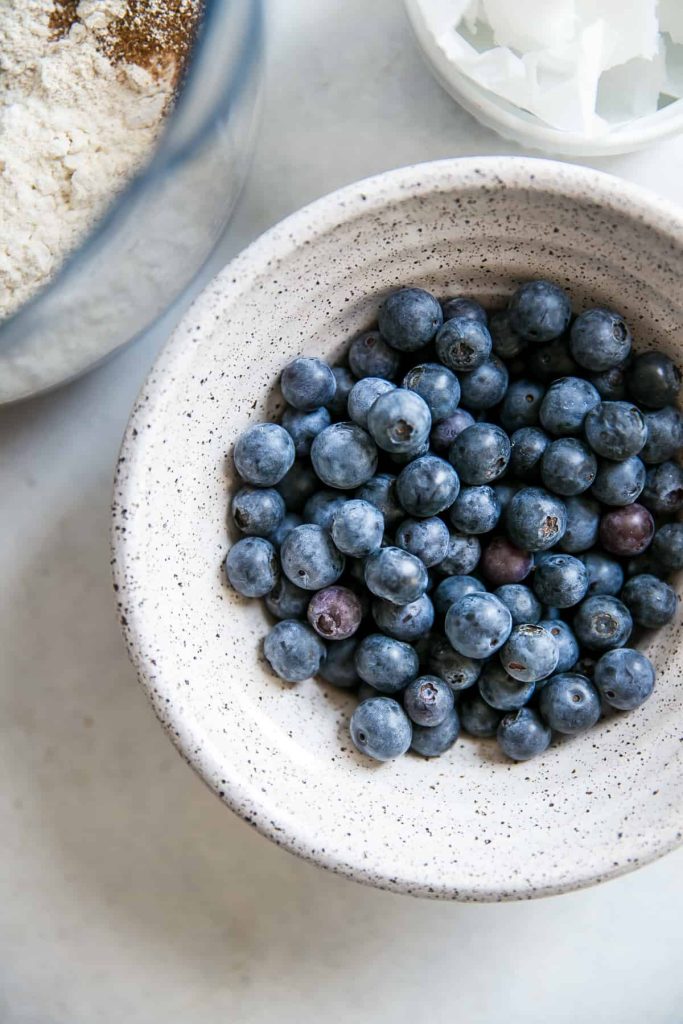
Blueberries are a low-calorie, antioxidant-packed snack that cats can enjoy. Rich in vitamins C and K, they can support your cat’s immune system and help fight oxidative stress. Make sure to wash the blueberries thoroughly before offering them to your cat, and serve them in small quantities. Cats may not be fond of the texture, so try mashing them for easier consumption.
6. Eggs
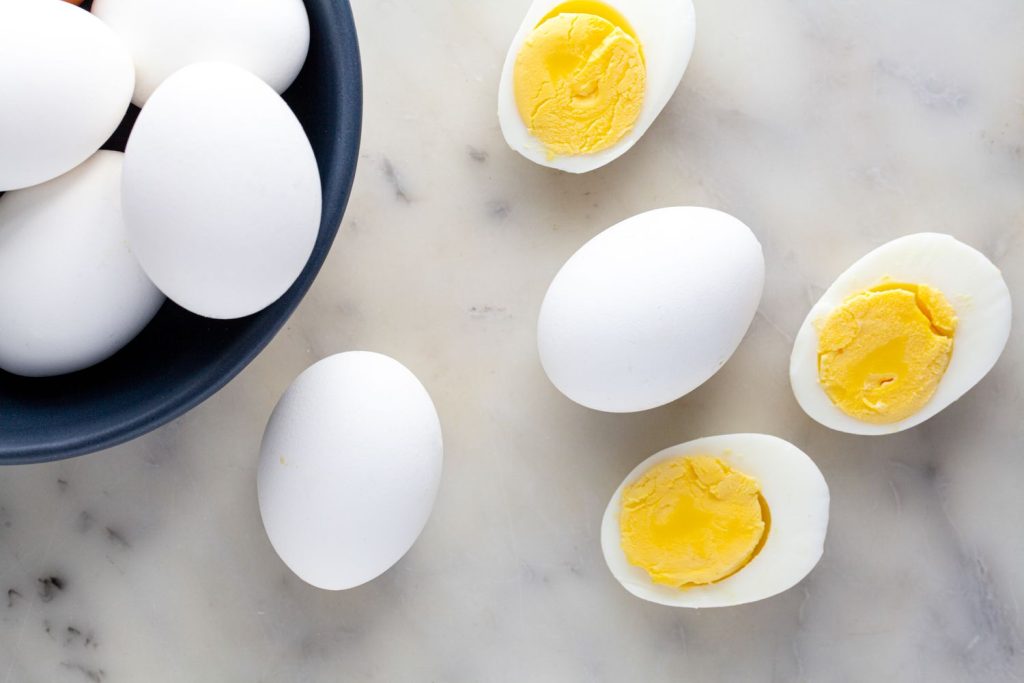
Eggs are a great source of protein and can be a nutritious snack for cats. Cooked eggs—whether scrambled or boiled—offer amino acids that help with muscle development and overall health. Be sure to cook the eggs fully, as raw eggs can carry the risk of salmonella. Keep the seasoning to a minimum to ensure it’s safe for your cat.
7. Oatmeal
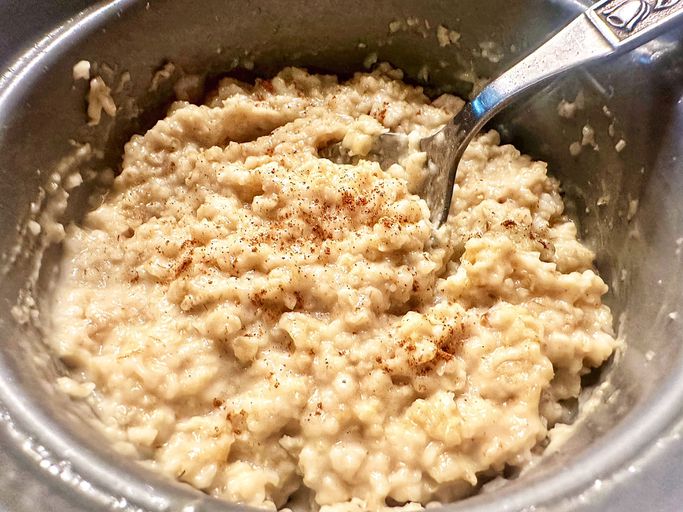
Oatmeal can be a good occasional treat for cats. It’s high in fiber, which helps with digestion and can ease constipation. Make sure the oatmeal is plain and free of any sugar, salt, or milk, which can upset your cat’s stomach. Serve it in small portions as an occasional treat, or mix it with some cooked chicken or turkey for extra flavor.
8. Cucumber
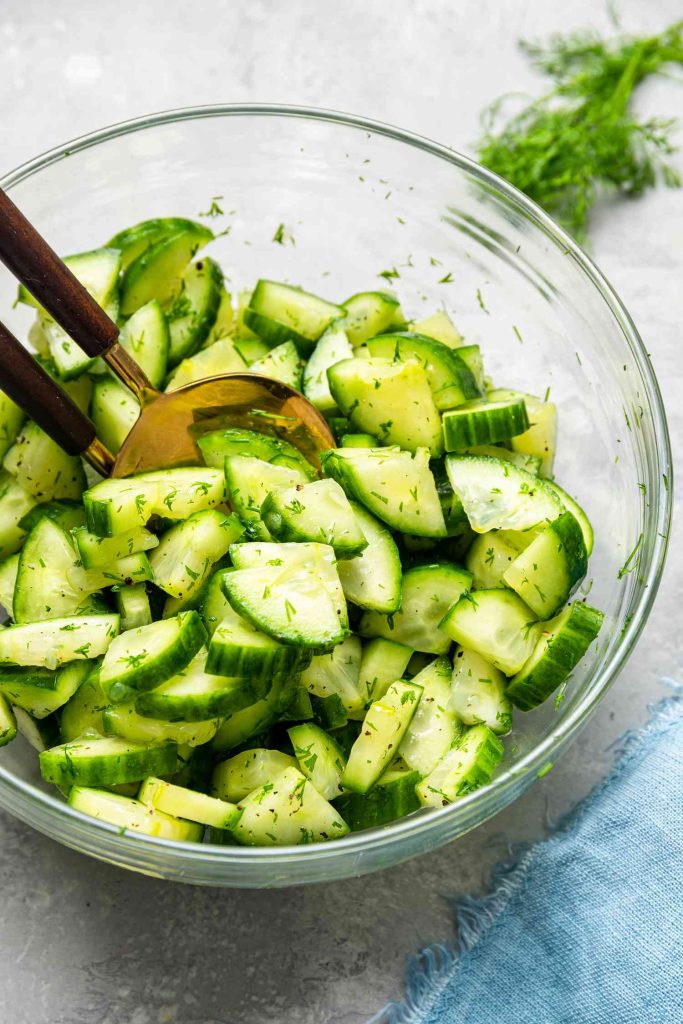
Cucumbers are low in calories and provide a good source of hydration for your cat. They are packed with water, making them a great option on hot days to keep your cat hydrated. Cats tend to enjoy the crunchy texture of cucumbers, and they can also be a fun treat to nibble on. Just make sure to cut the cucumber into small pieces to avoid any choking hazards.
9. Plain Rice
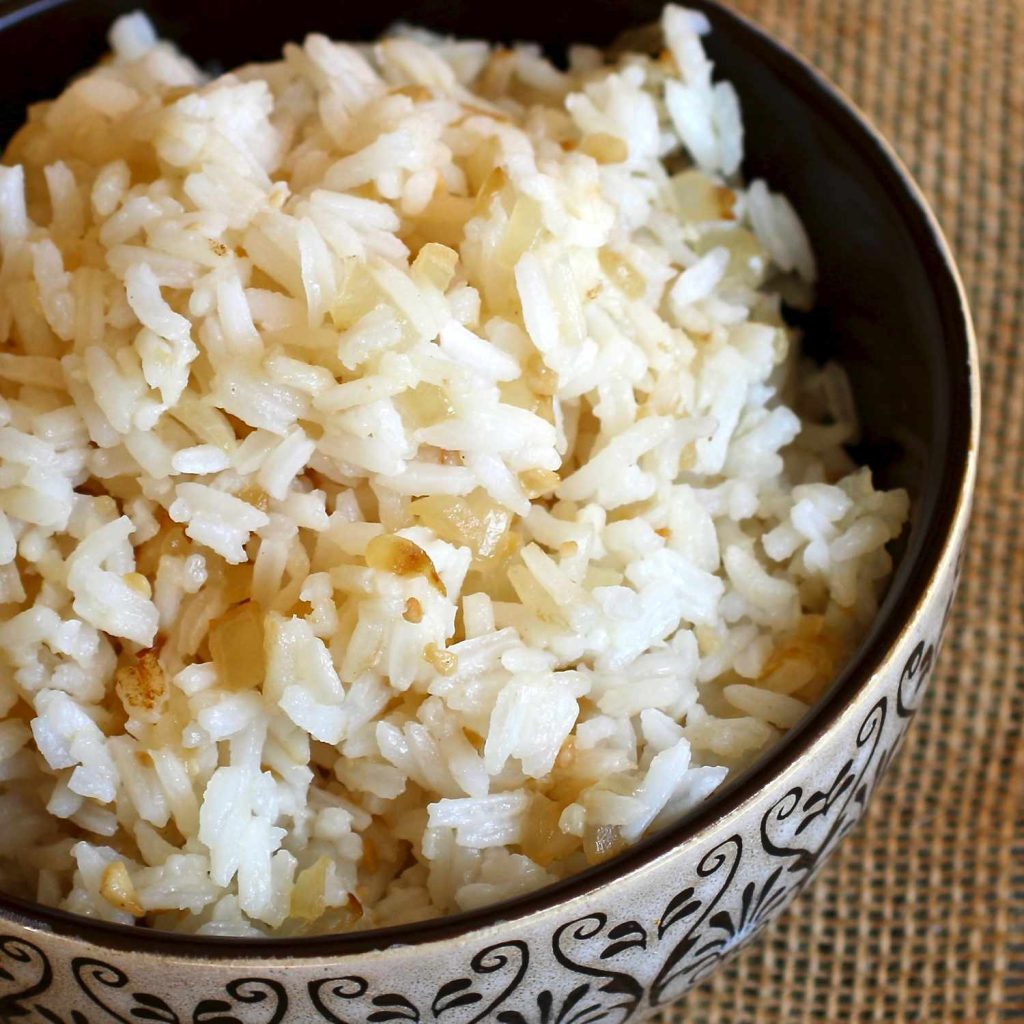
Plain, cooked rice is safe for cats to eat in small amounts. It’s easy to digest and can help soothe an upset stomach or ease diarrhea. While rice should not be a main part of their diet, it can serve as a filler when mixed with their regular food. Always make sure the rice is cooked thoroughly and plain, without any seasoning, butter, or oil.
10. Cheese
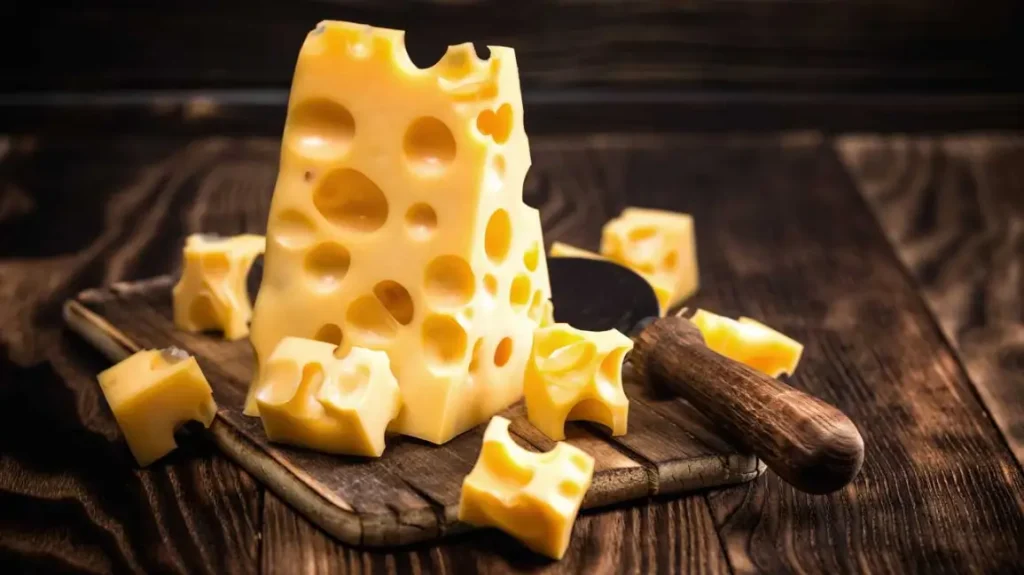
Many cats enjoy the taste of cheese, and small amounts can be a good source of protein and calcium. However, cheese should only be offered occasionally as some cats are lactose intolerant. Stick to small servings of cheese, like cheddar or mozzarella, to avoid any digestive issues. Always observe your cat for any signs of discomfort or upset stomach after eating dairy.
Leave a comment